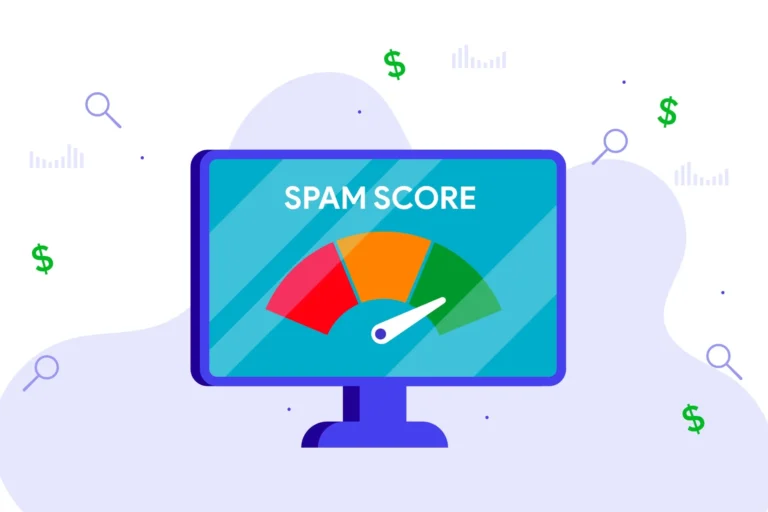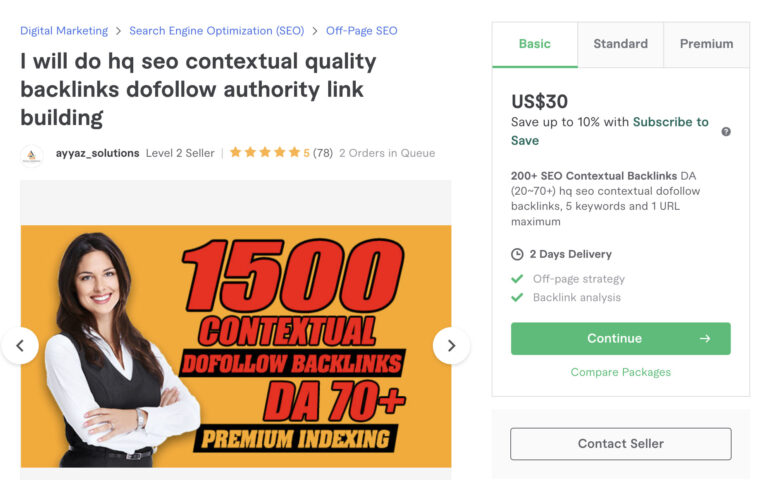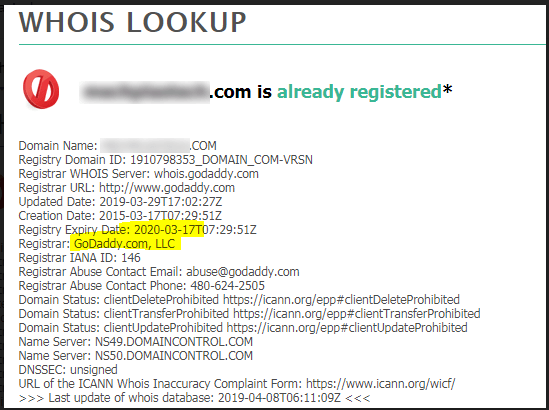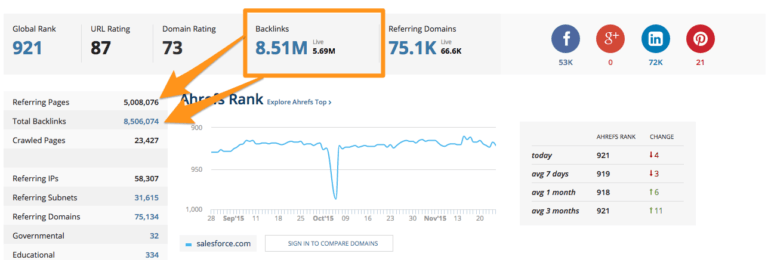What Does Private Blog Network Mean? Private Blog Networks (PBNs) have been a hot topic in the world of SEO for quite some time now. But what exactly is a PBN? To put it simply, a PBN is a group of websites that are created solely to provide backlinks to another website in order to improve its search engine rankings. These websites are usually owned by the same person or group of people and are used to manipulate the search engine algorithm.

The idea behind a PBN is to artificially boost the perceived authority of a website in the eyes of search engines. By creating a network of websites that all link back to the same site, the owner of the PBN can improve the ranking of their website without having to rely on legitimate link building strategies. While this may seem like a quick and easy way to improve search engine rankings, it comes with a lot of risks and can result in severe penalties if caught by search engines.
Key Takeaways
- Private Blog Networks (PBNs) are a group of websites created solely to provide backlinks to another website in order to improve its search engine rankings.
- PBNs are used to manipulate the search engine algorithm and artificially boost the perceived authority of a website.
- While PBNs may seem like a quick and easy way to improve search engine rankings, they come with a lot of risks and can result in severe penalties if caught by search engines.
Definition of a Private Blog Network
As an SEO strategy, a Private Blog Network (PBN) is a group of websites or blogs that are created to provide backlinks to a target website. The primary purpose of a PBN is to manipulate search engine rankings and improve the perceived authority of the target website.
A PBN is usually built by buying expired domains with good backlink profiles or creating new websites with the intention of linking back to the target website. The idea is to create a network of websites that appear to be independent but are actually owned and controlled by the same person or organization.
One of the key benefits of a PBN is that it allows website owners to have complete control over the backlinks that point to their website. This means that they can create high-quality backlinks that are relevant to their niche, which can help to improve their search engine rankings.
However, it is worth noting that the use of PBNs is considered a black hat SEO tactic by search engines, and it can result in penalties or even a complete removal of the website from the search engine results page. Therefore, it is important to use PBNs with caution and to ensure that they are created in a way that appears natural and organic.
In summary, a Private Blog Network is a group of websites or blogs that are created to provide backlinks to a target website. While it can be an effective SEO strategy, it is important to use PBNs with caution and to ensure that they are created in a way that appears natural and organic.
How Private Blog Networks Work

Private Blog Networks (PBNs) are groups of websites that are created to manipulate the search engine rankings of a target website. In this section, I will discuss the various practices involved in creating and managing a PBN.
Creating the Websites
The first step in creating a PBN is to build or buy several websites that have good domain authority. These websites should have a history of quality content and natural backlinks. Once these websites are acquired, they are hosted on different servers with different IP addresses to avoid any footprint.
Content Strategy
The content posted on these websites should be high-quality and relevant to the niche of the website being promoted. The content should be written by professional writers and edited to ensure that it is free of errors and plagiarism. The content should also be optimized for the target keywords and should include internal links to the target website.
Link Building Practices
The primary purpose of a PBN is to provide backlinks to the target website. The links should be placed naturally within the content and should not appear to be spammy or manipulative. The anchor text used for the links should be varied and should not always include the target keyword.
It is important to note that PBNs are considered a black hat SEO technique and are against Google’s guidelines. If a PBN is discovered, the target website could face a penalty or even be deindexed. It is important to use caution when creating and managing a PBN and to ensure that it is done ethically and responsibly.
Risks and Penalties

When it comes to Private Blog Networks (PBNs), there are several risks and penalties that you should be aware of. In this section, I will discuss the two most important risks and penalties that you should keep in mind.
Search Engine Penalties
One of the biggest risks of using a PBN is the possibility of being penalized by search engines like Google. Search engines consider PBNs to be a violation of their terms of service, and they can penalize your website if they detect that you are using one. This can result in a significant drop in your search engine rankings, which can have a negative impact on your website’s traffic and revenue.
Legal Implications
In addition to the risk of search engine penalties, there are also legal implications to consider when using a PBN. Depending on the jurisdiction, using a PBN could be considered a violation of the law. For example, in the United States, the Federal Trade Commission (FTC) has cracked down on companies that use PBNs to manipulate search engine rankings. If you are caught using a PBN, you could face legal action and fines.
To avoid these risks and penalties, it is best to avoid using PBNs altogether. Instead, focus on creating high-quality content that will naturally attract backlinks from other websites. If you do decide to use a PBN, be sure to do so carefully and cautiously, and be prepared to face the consequences if you are caught.
Private Blog Network vs. Legitimate Link Building

As a blogger or website owner, you might be wondering whether you should engage in private blog network (PBN) building or legitimate link building. While both methods aim to improve your website’s search engine rankings, they differ significantly in their approach and effectiveness.
Legitimate Link Building
Legitimate link building involves acquiring links from reputable websites through ethical means. This can be achieved by creating high-quality content that other websites will want to link to, guest posting on other blogs, or reaching out to website owners and requesting a link. The links acquired through legitimate link building are natural and relevant, which makes them more valuable in the eyes of search engines.
Private Blog Network
On the other hand, a private blog network is a group of websites that are created solely to provide backlinks to a particular website. These websites are often owned and operated by the same person or company, and the links they provide are not natural or relevant. Instead, they are created solely for the purpose of manipulating search engine rankings.
While PBNs can be effective in boosting a website’s rankings in the short term, they are not a sustainable or ethical long-term strategy. Search engines have become increasingly sophisticated in detecting and penalizing websites that engage in manipulative tactics like PBNs.
In conclusion, legitimate link building is a more sustainable and ethical approach to improving your website’s search engine rankings. While it may take more time and effort than building a PBN, the links acquired through ethical means are more valuable and will provide long-term benefits for your website.
Detecting Private Blog Networks
As PBNs are considered a black hat SEO technique, it is essential to identify them to avoid falling into the trap of using them. Here are some ways to detect PBNs:
Footprints to Identify PBNs
A footprint is a pattern that is common to a group of websites and can be used to identify PBNs. Here are some common footprints that can help identify PBNs:
- Same IP address: If multiple domains have the same IP address, it can be a sign of a PBN. This is because PBNs are usually hosted on the same server to save costs.
- Same registrar: If multiple domains have the same registrar, it can be a sign of a PBN. This is because PBN owners usually register their domains in bulk to save money.
- Similar content: If multiple domains have similar content, it can be a sign of a PBN. This is because PBN owners usually use spun content or duplicate content to save time and money.
Tools for Detection
There are several tools available that can help detect PBNs. Here are some of the most popular ones:
- Ahrefs: Ahrefs is a popular SEO tool that can help detect PBNs. It has a feature called Site Explorer that can be used to check the backlinks of a domain. If a domain has a lot of backlinks from suspicious websites, it can be a sign of a PBN.
- Majestic: Majestic is another popular SEO tool that can help detect PBNs. It has a feature called Trust Flow that can be used to check the quality of a domain’s backlinks. If a domain has a lot of low-quality backlinks, it can be a sign of a PBN.
- SEMrush: SEMrush is a comprehensive SEO tool that can help detect PBNs. It has a feature called Backlink Audit that can be used to check the backlinks of a domain. If a domain has a lot of toxic backlinks, it can be a sign of a PBN.
In conclusion, it is important to detect PBNs to avoid using them. Footprints and tools can be used to identify PBNs. If you want to buy expired domain, you can go to lettiebelle.com.







